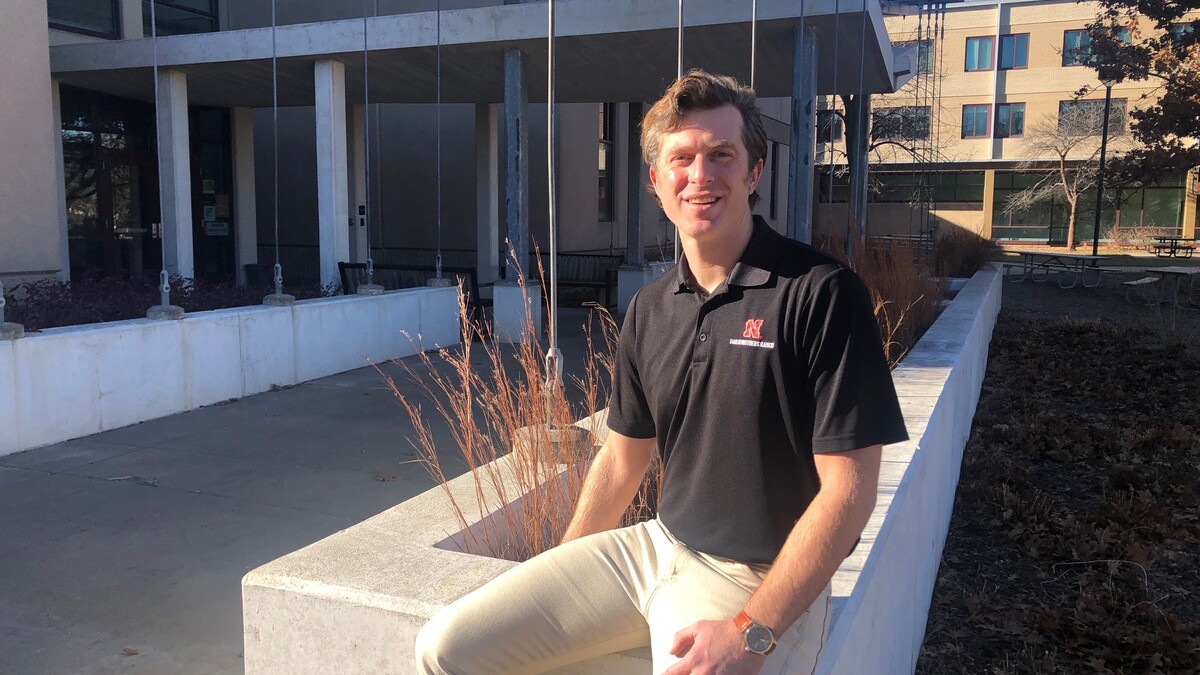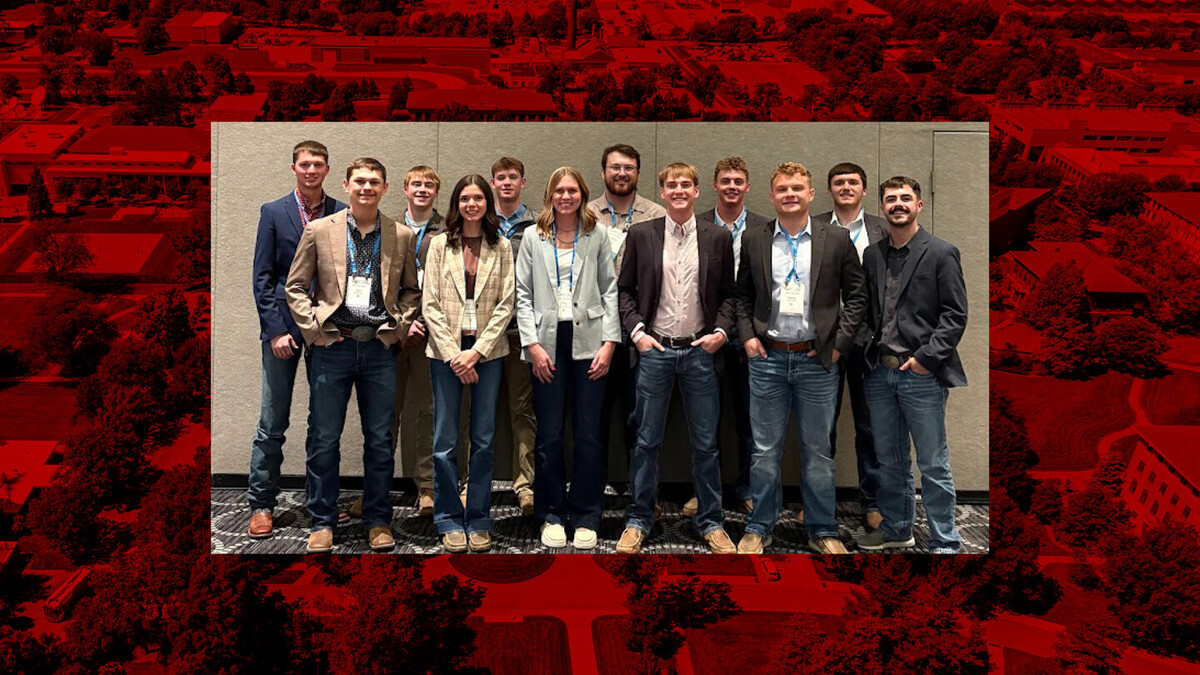March 11, 2014
LINCOLN, Neb. — University of Nebraska-Lincoln turfgrass specialists are warning that this winter may have done serious damage to golf courses across much of the nation, including Nebraska.
It's too early to tell for sure, said Zac Reicher, but turf-sample analysis is sparking concern.
Many parts of the state saw unusually variable temperatures – a day or two in the 50s or 60s, followed by a quick dive to sub-freezing, even sub-zero, temps. In addition, many parts of the state have been unusually dry. Together, those developments, especially accompanied by typical Nebraska winds, can suck moisture out of the grass, leaving it susceptible to winterkill.
On the other hand, on some golf courses that were watered lightly on those warmer days, as is recommended, the presence of extra water may have caused a different type of winterkill if temperatures plunged.
"So, you're damned if you do and damned if you don't," Reicher said.
In fact, some golf courses – or home lawns, especially in open, exposed areas, for that matter – might have suffered winterkill from both factors, just a matter of feet apart. Sections of turf on a hill would be more susceptible to drying out because of wind, while sections in lower elevations would be more susceptible to freeze damage from existing moisture.
Extended deep snow and ice cover across the eastern half of the nation likely will take a toll on turf there, too. Although the exact type of damage is different with snow and ice cover, the result is the same, said Bill Kreuser, another UNL turf specialist.
The worst-case scenario, Kreuser said, is that some golf courses might have to shut down to reseed this spring.
Kreuser has just begun research evaluating spring green-up of golf courses and is tracking golf-course conditions this spring with a survey at https://www.surveymonkey.com/s/winterkill.
"There's lots of moving parts, plus we still have some winter left," Kreuser said. He encouraged golf courses to take steps now to assess damage.
For more information, Kreuser and Reicher have posted a comprehensive guide in turf winterkill at http://turf.unl.edu.
Bill Kreuser, Ph.D.Assistant Professor
Agronomy and Horticulture
402-472-2811
wkreuser2@unl.edu
Zac Reicher, Ph.D.
Professor
Agronomy and Horticulture
402-472-2834
zreicher2@unl.edu
Dan Moser
IANR News Service
402-472-3030
dmoser3@unl.edu







